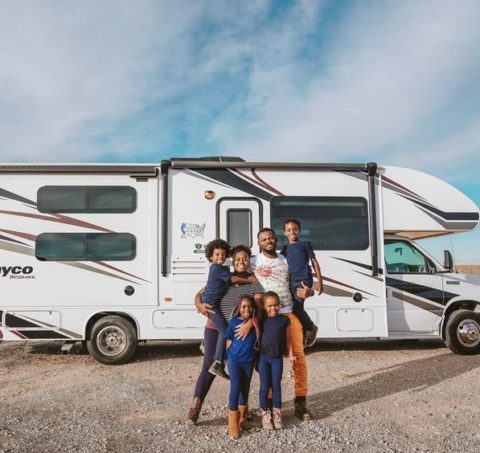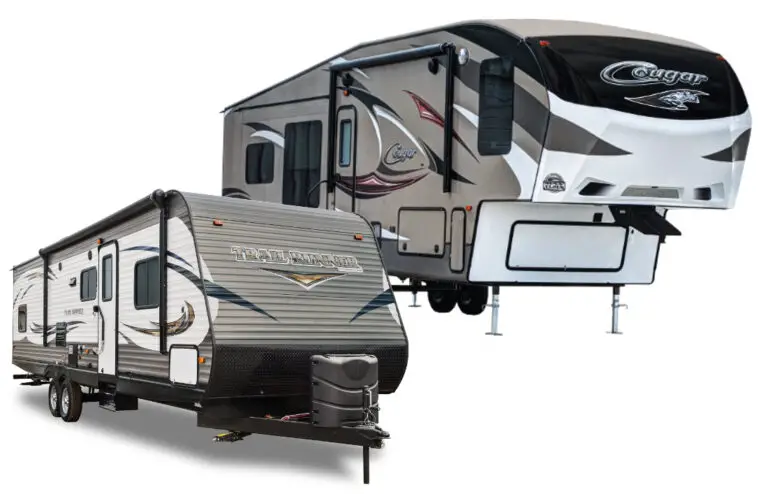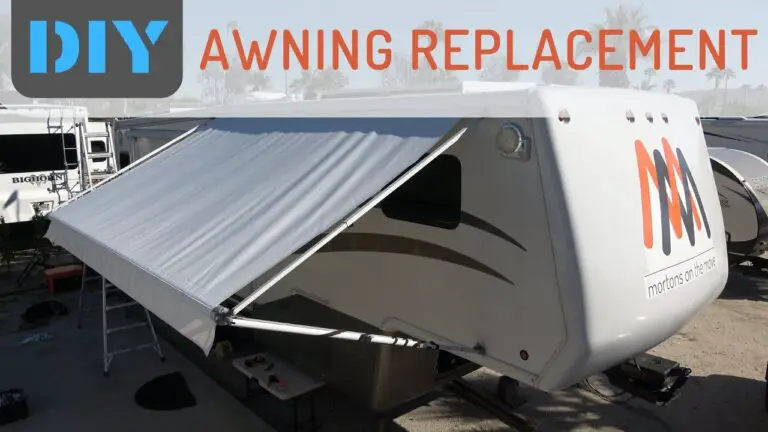Is it Legal to Live in an RV with a Child?
Yes, it is legal to live in an RV with a child, as long as you comply with local laws and regulations. Living in an RV can provide a unique and flexible lifestyle for families, allowing them to travel and explore different places.
However, it is important to consider factors such as access to education, healthcare, and a stable living environment for the child’s well-being. It is recommended to research and understand the specific laws and requirements in the area where you plan to live in an RV with a child.
By following the necessary guidelines and ensuring your child’s welfare, living in an RV can be a legal and fulfilling choice for families.
The Legalities Of Living In An RV with A Child
Living in an RV with a child is a unique experience, and it’s essential to understand the legalities surrounding this living arrangement. The laws and regulations can vary from place to place, so it’s crucial to research the specific laws in your area. This will help you ensure that you are complying with all necessary regulations and avoiding any potential legal issues.
One important aspect to consider is custody and visitation arrangements. If you have shared custody of your child, you will need to work out a plan that allows both parents to have adequate time with the child when living in an RV. This may require communication and cooperation between both parents to ensure that the child’s best interests are being met.
Overall, living in an RV with a child can be a rewarding and adventurous experience, but it’s important to be aware of the legalities involved. Doing proper research and considering custody arrangements are essential steps to ensure a smooth and lawful experience.
Ensuring Safety And Security
Living in an RV with a child can be legally permissible, as long as certain safety and security measures are in place. Creating a safe living environment within the RV is paramount. Installing proper safety features such as smoke detectors, carbon monoxide detectors, and fire extinguishers is essential to protect the occupants from potential hazards. Additionally, implementing childproofing measures, like securing cabinets and drawers, placing outlet covers, and using safety gates, can prevent accidents and injuries. It is also important to ensure that the vehicle is well-maintained, with regular inspections of the electrical and plumbing systems.
Addressing Education And Socialization
Living in an RV with a child can raise questions about their education and socialization. Exploring educational options for RV-living children is essential to ensure they receive a quality education. Parents can choose from various alternatives such as homeschooling, online learning programs, or enrolling their child in a local school while traveling. It is crucial to strike a balance between travel and educational needs, incorporating socialization opportunities within the RV lifestyle. RV communities and campgrounds often organize group activities and events, providing chances for children to meet and interact with peers. Additionally, joining local clubs, sports teams, or engaging with other homeschooling families can further enhance socialization. By addressing education and socialization needs, living in an RV with a child can be a fulfilling and enriching experience.

Credit: www.cbc.ca
Frequently Asked Questions For Is It Legal To Live In An Rv With A Child
Is It Legal To Live In An Rv With A Child?
Living in an RV with a child is legal in most states, but regulations vary. It’s important to research local laws, especially regarding homeschooling and healthcare access. Make sure the RV is equipped with child-proof features such as seatbelts and safe sleeping arrangements.
Regularly check in with your child’s well-being and provide them with a stable, nurturing environment.
Conclusion
Living in an RV with a child raises important legal considerations. Understanding the specific laws and regulations in your area is crucial to ensure compliance and provide a safe environment for your child. It is essential to consult legal authorities and have a clear understanding of zoning laws, child welfare regulations, and education requirements.
By staying informed and seeking professional advice, you can make informed decisions to create a nurturing and lawful living environment for your child while embracing a nomadic lifestyle.






